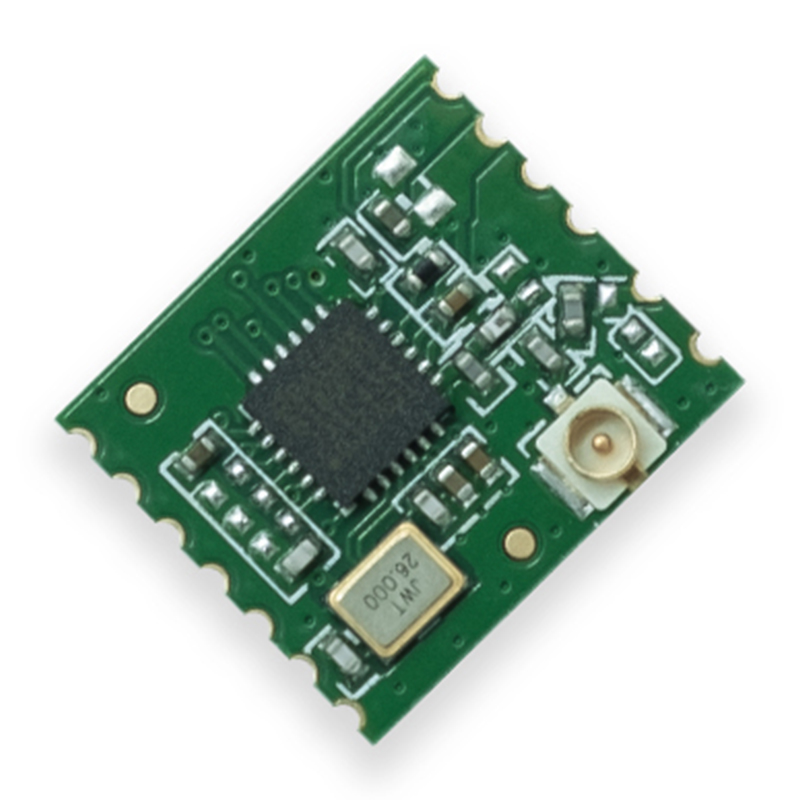Wi-Fi has become an integral part of our lives, allowing us to stay connected to the internet wirelessly. While most modern laptops come equipped with built-in Wi-Fi capabilities, many desktop computers still require an external Wi-Fi module for wireless connectivity. In this article, we will discuss the importance of having a Wi-Fi module for your PC and explore its benefits.

1. Convenience: Having a Wi-Fi module installed in your PC offers convenience and flexibility. You can position your desktop computer anywhere within the range of your Wi-Fi network without worrying about tangled cables or limited mobility.
2. Easy internet access: With a Wi-Fi module, you can easily connect to the internet without the need for an Ethernet cable. This is especially useful if you have a limited number of Ethernet ports or if you prefer a clutter-free workspace.
3. Mobility: A Wi-Fi module allows you to take advantage of portable internet access. You can connect to Wi-Fi networks in public places such as cafes, airports, and libraries, eliminating the need for a wired connection.
1. USB Wi-Fi adapters: USB Wi-Fi adapters are the most common type of Wi-Fi modules for PCs. They are small, portable, and easy to install. Simply plug the adapter into an available USB port on your PC, and you can start connecting to Wi-Fi networks.
2. PCI-E Wi-Fi cards: PCI-E Wi-Fi cards are installed internally into your PC. They offer better performance and stability compared to USB adapters. However, they require opening your PC case and installing the card onto an available PCI-E slot.
3. M.2 Wi-Fi cards: M.2 Wi-Fi cards are similar to PCI-E cards but are more compact and designed specifically for M.2 slots on the motherboard. They offer faster speeds and are commonly used in gaming PCs and high-performance systems.
1. Speed: Look for Wi-Fi modules that support the latest Wi-Fi standards such as Wi-Fi 6 (802.11ax) for faster and more reliable connections.
2. Range: Consider the range and coverage area of the Wi-Fi module. If you have a large house or office, ensure that the module has sufficient range to cover the desired area.
3. Antennas: Some Wi-Fi modules come with external antennas, which can improve signal strength and stability. Consider modules with detachable or adjustable antennas for better flexibility.
4. Compatibility: Ensure the Wi-Fi module is compatible with your PC's operating system and hardware specifications. Check for driver availability and support for seamless installation.
In today's connected world, having a Wi-Fi module for your PC has become increasingly important. It provides convenience, mobility, and easy access to the internet. Whether it's for work, gaming, or simply browsing the web, a Wi-Fi module offers the flexibility to stay connected wirelessly. Consider your specific needs and choose a Wi-Fi module that suits your requirements for an optimal internet experience on your PC.
 Trolink Joint With Tuya to Make Iot Benefit Every Family
Trolink Joint With Tuya to Make Iot Benefit Every Family
 5 Key Indicators for WiFi Module Selection You Have to Know !
5 Key Indicators for WiFi Module Selection You Have to Know !
 IOT module is the brain of smart products
IOT module is the brain of smart products
 What is the signal coverage range of the WiFi module chip?
What is the signal coverage range of the WiFi module chip?